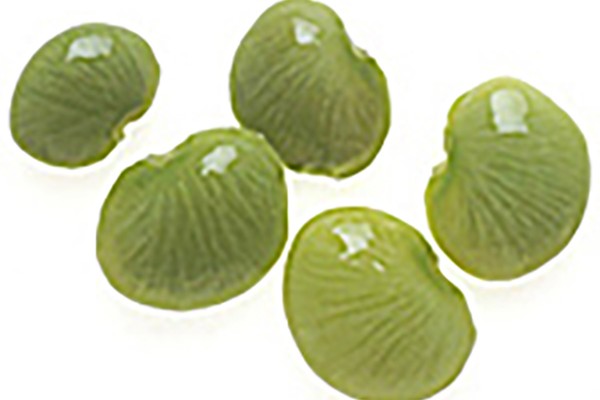Trojan Horse attack on native lupine
Researchers in the Department of Biology in Arts & Sciences at Washington University in St. Louis conduct a study on the battle between an invasive plant and a native plant on the coast of California and how it is effecting wildlife in the area.
Geologists revisit the Great Oxygenation Event
Recent work with geochemical proxies for oxygen levels suggests that oxygen levels continued to fluctuate long after the Great Oxygenation Event 2.7 billion years ago, and that the oceans were many different flavors of anoxic right up until the Edicaran period, 600 million years ago. What happened in the intervening 2 billion years will be contested until scientists have more data, says a geochemist at Washington University in St. Louis.
Dining with laureates
In mid-summer two lucky Washington University in St. Louis graduate students got to travel to Lake Constance in Germany to listen in the morning to Nobel laureates lecture on the topics of their choice and quiz them in afternoon about life in science and what it is really like.
Ancient DNA identifies donkey ancestors, people who domesticated them
Genetic investigators, include Fiona Marshall, PhD, professor of anthropology in Arts & Sciences, say that the partnership between people and the ancestors of today’s donkeys was sealed not by monarchs trying to establish kingdoms, but by mobile, pastoral people who had to recruit animals to help them survive the harsh Saharan landscape in northern Africa more than 5,000 years ago.
Seeing melanoma
Two scientists at Washington University in St. Louis are able to image subcutaneous melanoma tumors with startling clarity. Their imaging technique relies on sound rather than light because sound is less strongly scattered by tissues. In addition, the tumors are preloaded with a nanoparticle contrast agent that latches onto proteins that stud the surface of the cancerous cells.
Couch potatoes of the animal kingdom
Pass the chips and hand over the remote. In a study involving the first-ever daily energy expenditure measurements in apes, a researcher from Washington University in St. Louis and his team have determined that orangutans living in a large indoor/outdoor habitat used less energy, relative to body mass, than nearly any eutherian mammal ever measured, including sedentary humans.
Georgian, longtime professor of mechanical engineering, 97
John C. Georgian, who taught mechanical engineering at Washington University in St. Louis for 60 years, died Tuesday, July 6, 2010, in St. Louis after a brief illness. He was 97.
Science article has implications for all rapidly developing fields
A comprehensive study by an intellectual property law expert published in the journal Science may guide global climate change and other scientific policy-makers in developing rules for research data release.
Beware the smell of bitter almonds
Many food plants contain cyanogenic glycosides that can release cyanide when the food is eaten. What’s more, a greater proportion of food plants than plants in general are cyanogenic. WUSTL researcher Kenneth M. Olsen, PhD, offers an explanation of this toxic puzzle.
A sobering demonstration
Occupational therapy students learn the powerful effect of alcohol on an egg to demonstrate fetal alcohol spectrum disorder.
Older Stories

